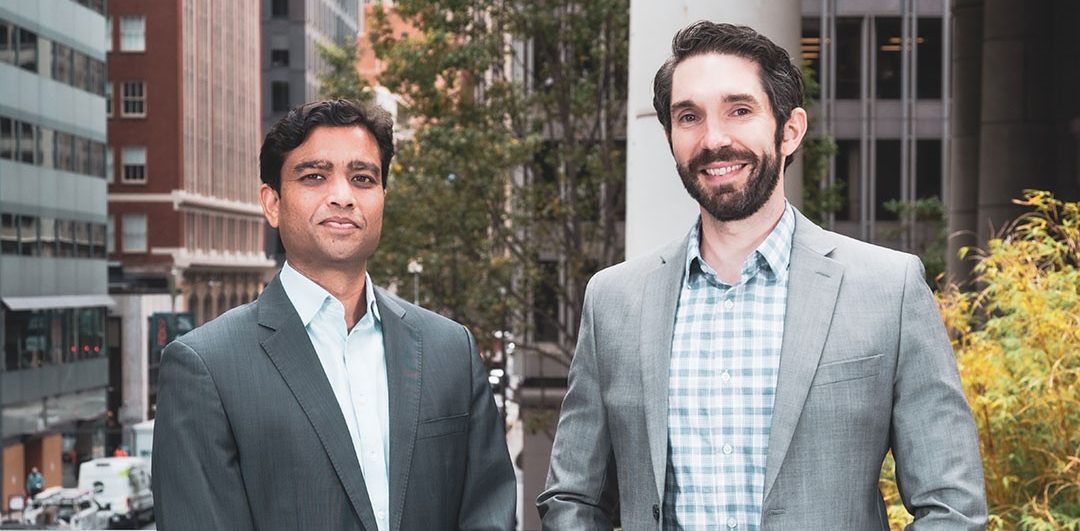Carrum Health, a value-based healthcare company enabling self-funded employers to buy specialist medical care, raised $45 million in Series C funding.
When we last checked in with Carrum Health in 2021, the company had raised $40 million. Founded in 2014, the company provides surgical and cancer treatment guidance and coordination. Members pay a fee to get an all-inclusive pricing model and 30-day warranty on care via Carrum’s Centers of Excellence network.
Carrum Health CEO Sach Jain told TechCrunch that a published study by the RAND Corp. showed that by working closely with members, the company is able to reduce unnecessary procedures by as much as 30% and help employers save up to 45% per episode of care.
Following the investment in 2021, the company launched its oncology offering in partnership with top cancer institutes, including Memorial Sloan Kettering Cancer Center and University of Chicago Medicine.
“We started exploring new areas where we can expand the value proposition of the solution,” Jain said. “Oncology has now become the top spend area for employers, and given that we saw a huge surge in the demand for the solution, we decided to put more fuel on the fire behind oncology and that precipitated in us raising another round of financing so that we can aggressively invest behind our oncology solution.”
Over the last three years, Carrum Health’s compound annual growth rate in revenue has been 90% to 100%, Jain said.

Carrum Health co-founders Sach Jain and Brent Nicholson. (Image credit: Carrum Health)
He also noted that 2022 “was a big year for us” that included nearly doubling its book of business. In addition, the company added six new partners, including CVS, Included Health, Accolade, Rightway, SWORD Health and Virgin Pulse.
“The pressure on employers to cut costs has increased significantly in 2023,” Jain said. “We are seeing a significant surge in the demand for the solution and are likely to have another major year.”
In terms of the $45 million Series C, OMERS Growth Equity led the round and was joined by new investor Revelation Partners and existing investors Tiger Global Management, Wildcat Venture Partners, Cross Creek and SpringRock Ventures. In total, the company has raised $91 million.
Jain plans to deploy the new funding into two buckets: one is “investing aggressively” in oncology to “become the de facto solution for employers.” The company is thinking about how not only to address oncology span, but how to support the employees that are going through an oncology episode. The second is continuing to expand the size of its core offering of surgery.
As part of the investment, Teresa Lee, managing director of OMERS Growth Equity, will join Carrum Health’s board of directors.
“We had been actively looking for companies that addressed the specialist spend need because that is, of course, a big bucket of spend,” Lee said in an interview. “Carrum gives people transparency in terms of what they’re paying, and then ultimately, a cost savings. We had the opportunity to speak to some of Carrum’s customers and they were looking for a provider that could help them solve some of the challenges in terms of understanding the actual bundle and being able to find the top-of-the-line care for their employees in what would be a very difficult time for those families.”
OMERS Growth Equity leads Carrum Health’s $45M Series C to expand cancer care by Christine Hall originally published on TechCrunch
from TechCrunch https://ift.tt/u9gV7nd

Comments
Post a Comment